In an interview on the Syrian state-controlled Al-Ekhbariya TV channel last month, Syrian Prime Minister Hussein Arnous responded to an oft-repeated claim that Syria is one of the most corrupt countries in the world. “These classifications are incorrect,” he said, “and mere accusations by the enemies of Syria.”
Referring to the Syrian government’s “steadfastness” in the face of opposition, Arnous went on: “A corrupt state could not stand firm in these circumstances... Corruption exists, but there is a difference between having corrupt people, and classifying a whole country as corrupt.”
Are the assessments of Syria being one of the world’s most corrupt countries “incorrect”? Is it a case of a few corrupt individuals in government, or one of endemic corruption? And how do the Syrian people themselves appraise the situation? In this report, IranWire’s Arabic team tries to answer these questions.
Syria on the Corruption Perceptions Index
For the past six years, Syria has ranked among the most seriously-afflicted on Transparency International’s globally-respected Corruption Perceptions Index. In 2021, 2020, 2019, 2018, 2017, and 2016, Syria ranked second to last in terms of people’s regard for the integrity of public institutions, scoring just 13 on a scale where 0 represents total corruption, and 100 total cleanliness.
The non-partisan NGO Transparency International has more than 100 branches around the world and an international secretariat office in Berlin. The Corruption Perceptions Index is an annual report on perceived levels of public-sector corruption in 180 states. Away from the report, publications by Transparency International have expressed alarm about corruption in Syria transforming, as they see it, into “a chronic epidemic that threatens the state’s economy.”
According to the index, corruption perceptions in Syria tripled between 2003 and 2018 (Bashar al-Assad formally came to power in the year 2000). Syria fell from 66th place to 178th on the index in 2021, and it has ranked among the 20 countries assessed to be most corrupt every year since 2013.
Personal Corruption of the Head of State
A report by the global investigative non-profit Organized Crime and Corruption Reporting Project (OCCRP) ranked Syrian President Bashar al-Assad among the world's most corrupt presidents for 2021. In 2021 recorded activities by al-Assad personally placed him alongside the Turkish President Recep Tayyip Erdogan, Austrian Chancellor Sebastian Kurz, Afghan President Ashraf Ghani and Belarusian President Alexander Lukashenko.
Corrupt Individuals, or a Corrupt State?
A study entitled “Administrative Corruption”, issued in 2020 by the Syrian General Book Authority in Damascus, gives a useful inside view of the current state of affairs in Syria: “The most prominent features of administrative corruption in Syria are bribery, embezzlement, administrative neglect, favoritism and abuse of influence.”
The study attributes corruption to several factors, including poverty, underdevelopment, and war. “Despite the many administrative inspection bodies in Syria, the spread of corruption in the public sector clearly shows the weakness of the regulatory systems, their ineffectiveness, and that they do not perform their work efficiently.”
Corruption in Syria has reached such a stage that vast quantities of UN financial and material aid have been re-routed to benefit the state treasury, according to a study published by the Center for Strategic and International Studies (CSIS). “The Syrian regime diverts food baskets to military units,” the report asserts. “One-fifth of children under five suffer from malnutrition, but when aid agencies ship in high-protein biscuits to save children’s lives, soldiers eat those biscuits with their tea.
“The Syrian government makes international aid agencies use a distorted exchange rate, which allowed it to divert nearly 51 cents of every international aid dollar spent in Syria in 2020. That money propped up the Central Bank of Syria – an institution sanctioned by the United States, the European Union, and the United Kingdom – with foreign reserves. UN bodies do not have to adhere to Western sanctions. Humanitarian aid is meant to reach people in need, not the government.”
The Central Bank of Syria is understood to have illicitly taken in nearly 60 million dollars in aid money in 2020 alone. And an examination of 779 procurement entries for 2019 and 2020 in the UN Global Market Database has found that up to 100 million dollars were “lost” in the period due to the government’s imposed exchange rate.
None of this would be possible without the participation of hundreds of individual officials and operatives within Syrian bureaucracy. Internally, even state institutions are now defrauding each other, according to a report by Al-Baath newspaper: the mouthpiece of the ruling Baath Party in Syria. The report quoted the head of the Economic Criminal Court, Judge Nizam Dahdal, as having said: “Public sector institutions recorded high levels of fraud against each other, cases of embezzlement of billions across all governmental institutions, in addition to cases of abuse of power.”
Evidently then, even entities inside Syria consider the country to be institutionally corrupt. IranWire’s Arabic team thus ranked Syrian Prime Minister Hussein Arnous’s claim inaccurate and misleading, based on the existing facts and evidence.
Read more articles in this series:
Fact Check: Do Sunnis Have 'Enough Freedom' in Iran?
Fact Checking Special: Three Lies in a Veteran Diplomat’s Short Interview
Fact Check: Is the Iranian Judiciary Free to Execute Child Offenders?
Fact Check: Is Tehran the Most Expensive Capital in the World to Buy a House In?
Fact Check: Do 90 Percent of Global Drug Seizures Happen in Iran?
Fact Check: Is the Islamic Republic of Iran a "Top" Country?
Fact Check: Is Iran the Medical Hub of Asia?
Fact Check: Does the Islamic Republic Really Fight Corruption?
Fact Check: With SCO Membership Approved, is Iran the 'Fourth Power in the East'?
Fact Check: Is Iran One of the Top Ten Military Powers in the World?
visit the accountability section
In this section of Iran Wire, you can contact the officials and launch your campaign for various problems







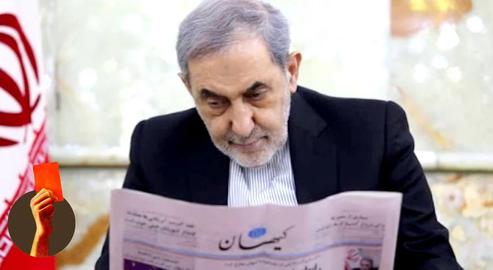

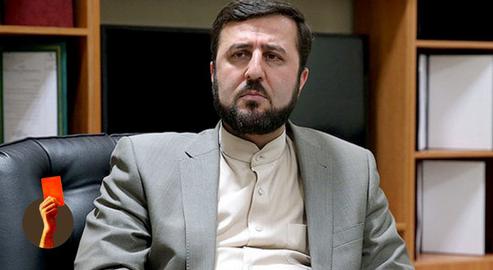
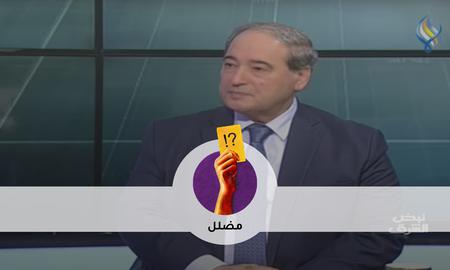
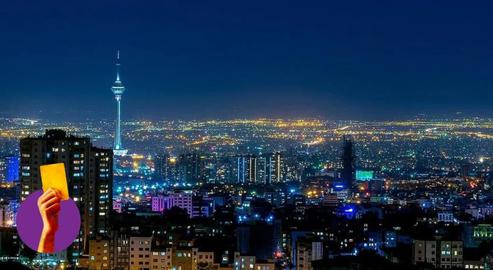
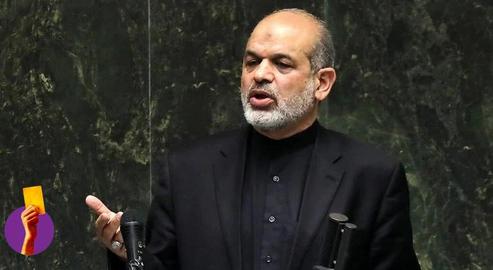
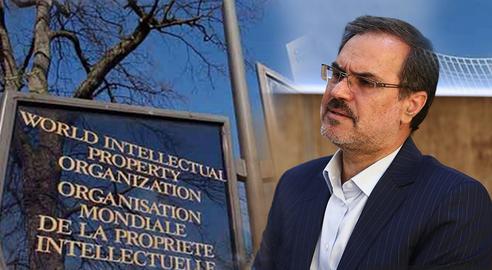
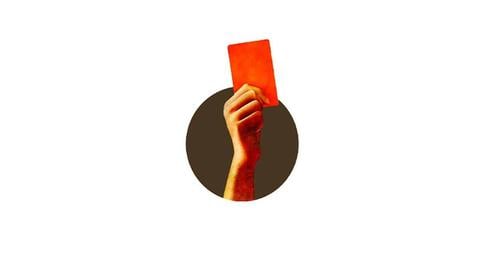

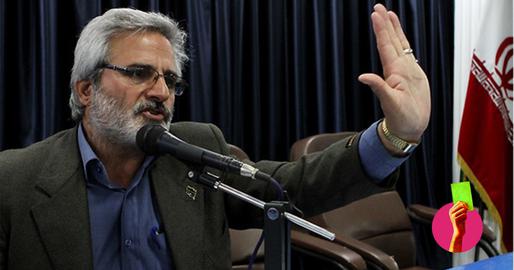
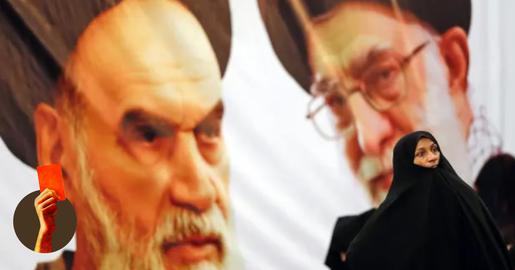
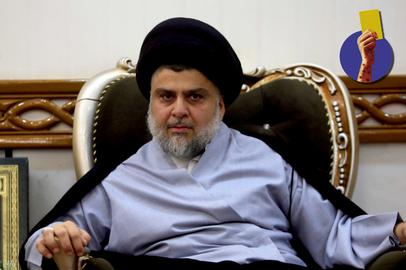
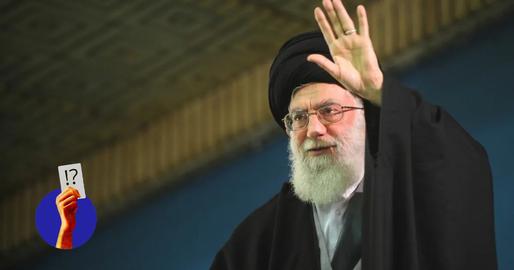
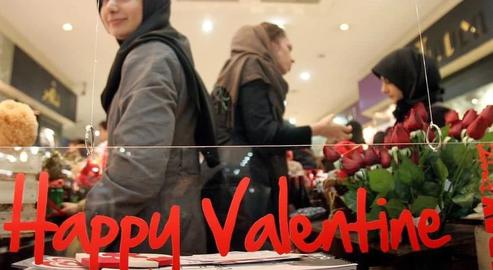
comments